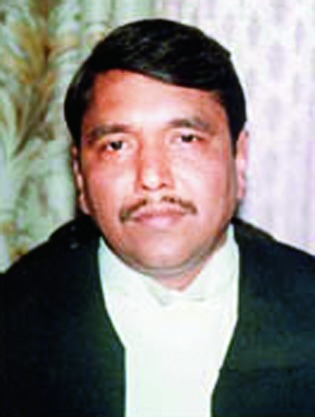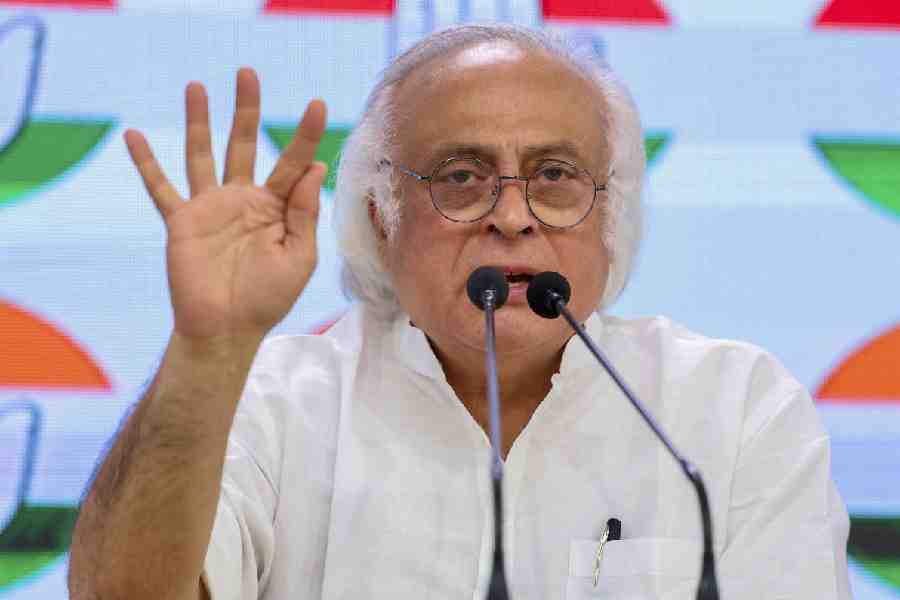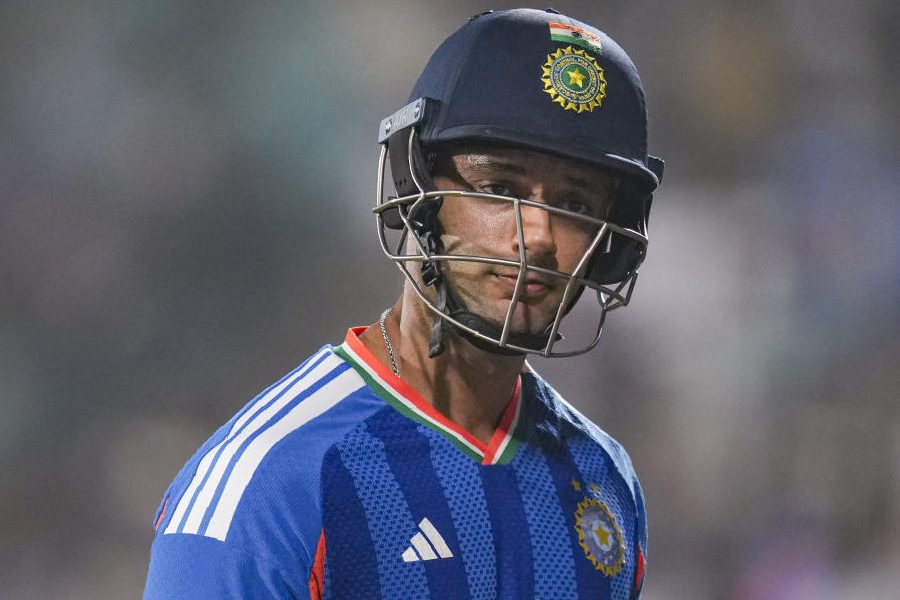
New Delhi, Aug. 27: Calcutta High Court is poised to have one of its own judges, Justice Girish Chandra Gupta, as its full-time chief justice - a rare occurrence witnessed just once before in the country in the past 18 years, sources have told The Telegraph.
Justice Gupta has been officiating as acting chief justice for Calcutta High Court since Chief Justice Manjula Chellur was transferred to Bombay High Court on August 11.
Sources close to the Supreme Court collegium - a panel that appoints, promotes and transfers high court and apex court judges - said a formal decision had been taken to elevate Justice Gupta as the chief justice.
The current policy on judges' appointments, evolved in 1998, bars the elevation of a high court judge as chief justice of the same high court, the idea being to ensure judicial independence and avoid allegations of judges developing vested interests.
However, the sources said, the policy allows an exception if an acting chief justice has less than a year left to retire. Justice Gupta, born on December 1, 1954, is due to retire within a year. A high court judge retires at the age of 62 and a Supreme Court judge at 65.
The only instance so far, since 1998, of a judge being appointed chief justice of a high court where he has served came in 2007 when Justice Bashir Ahmed Khan was elevated as chief justice of Jammu and Kashmir High Court. Justice Khan held the post between January 25 and March 31, 2007, before he retired.
Justice Khan had been a judge at Jammu and Kashmir High Court between 1990 and 1997 before being shifted to Madhya Pradesh and then to Delhi High Court. He had returned to Jammu and Kashmir as acting chief justice in 2005.
Justice Gupta was enrolled as an advocate on September 20, 1982, and practised at Calcutta High Court for 17 years in civil, constitutional, company, arbitration and commercial matters. He was appointed a judge of the high court on September 15, 2000.
Under Rule 4 of the memorandum of procedure evolved in 1998, "a puisne judge (a judge who is not the chief justice) in a high court who has one year or less to retire when his turn for being considered for elevation as chief justice arrives, may be considered for appointment as chief justice in his own high court if vacancy is to occur in the office of the chief justice in that high court during that period".










